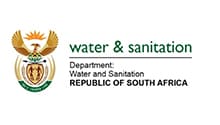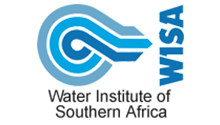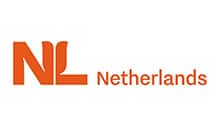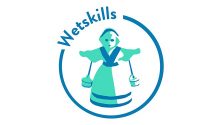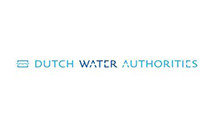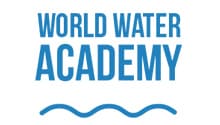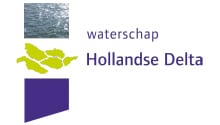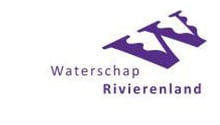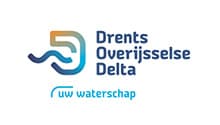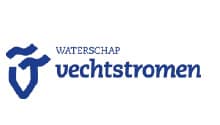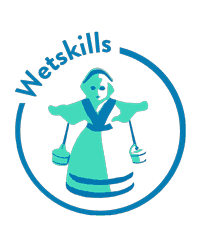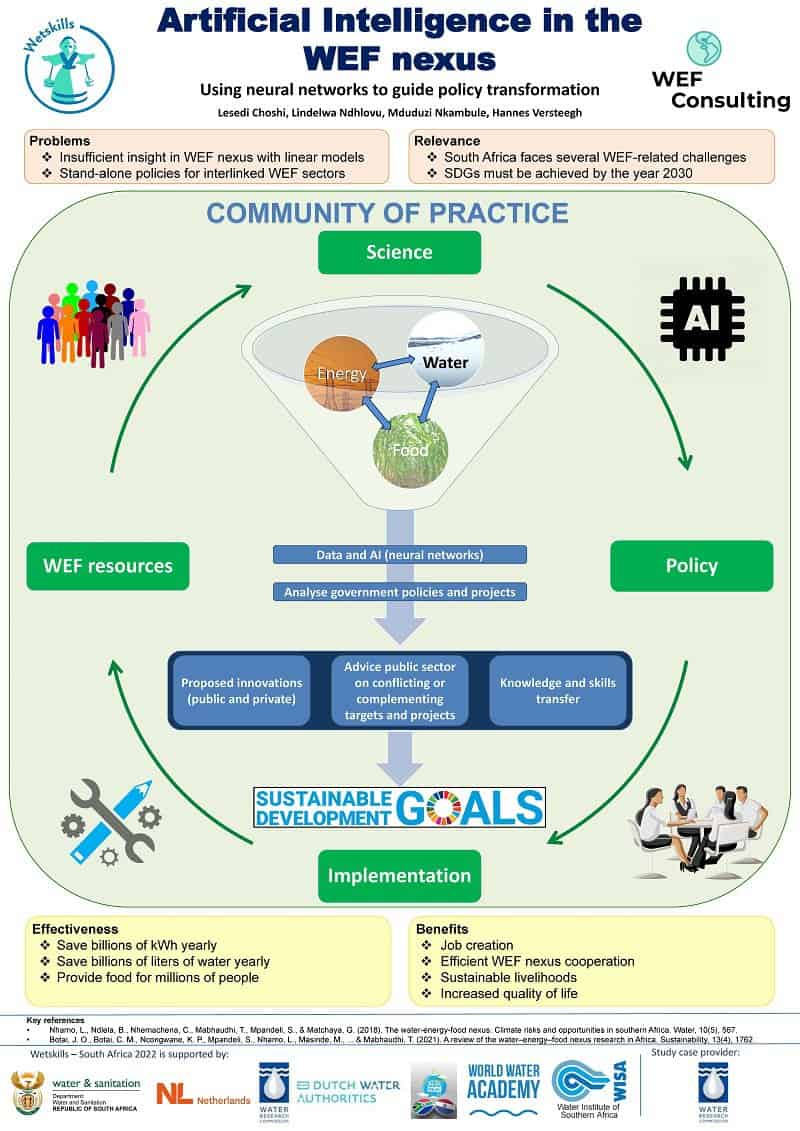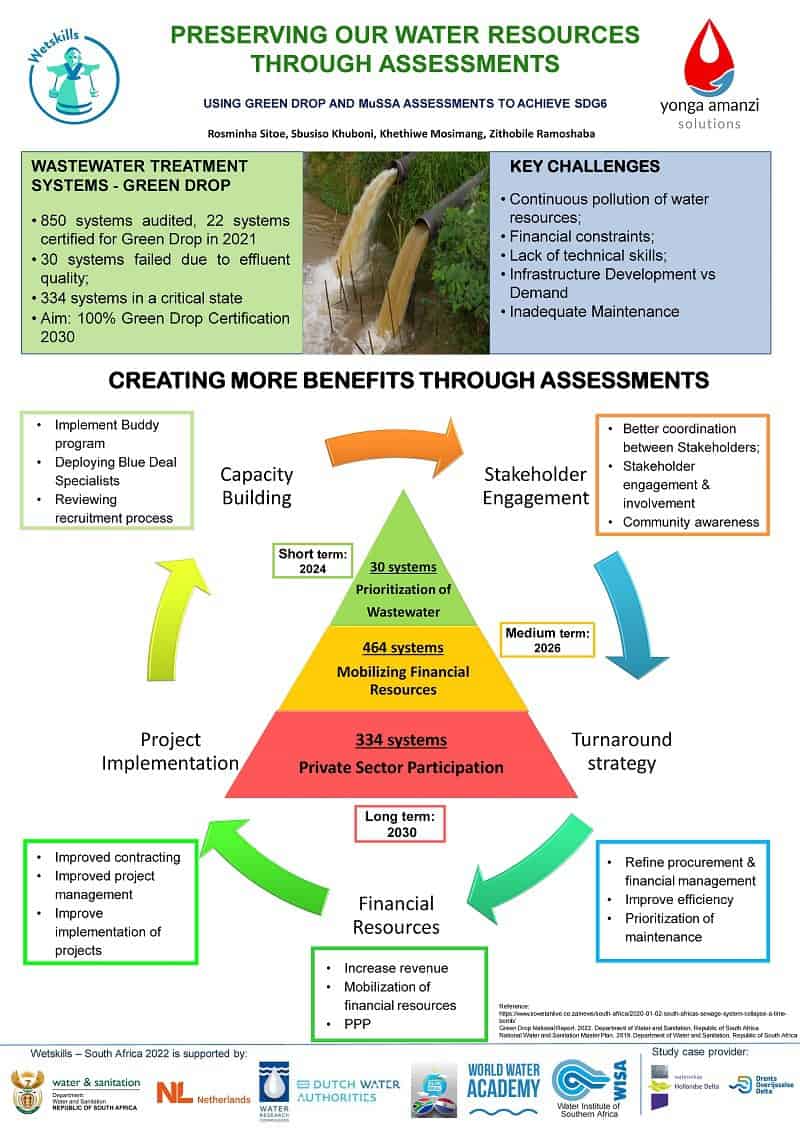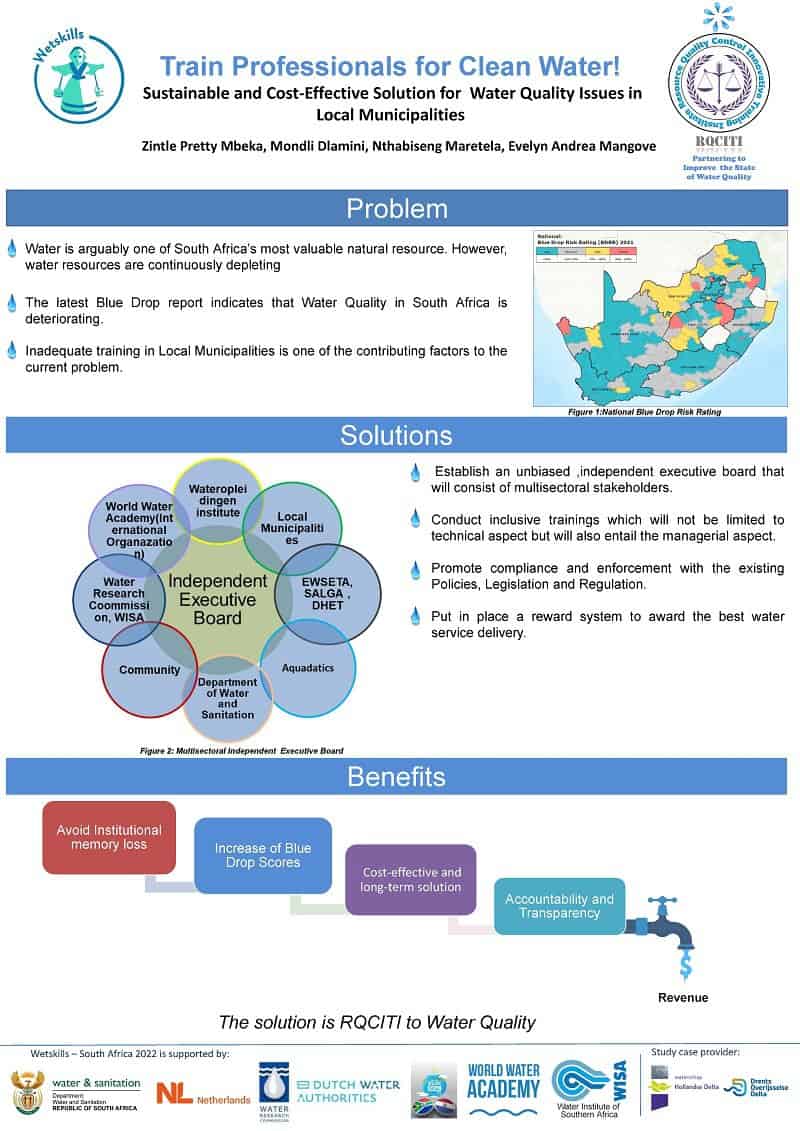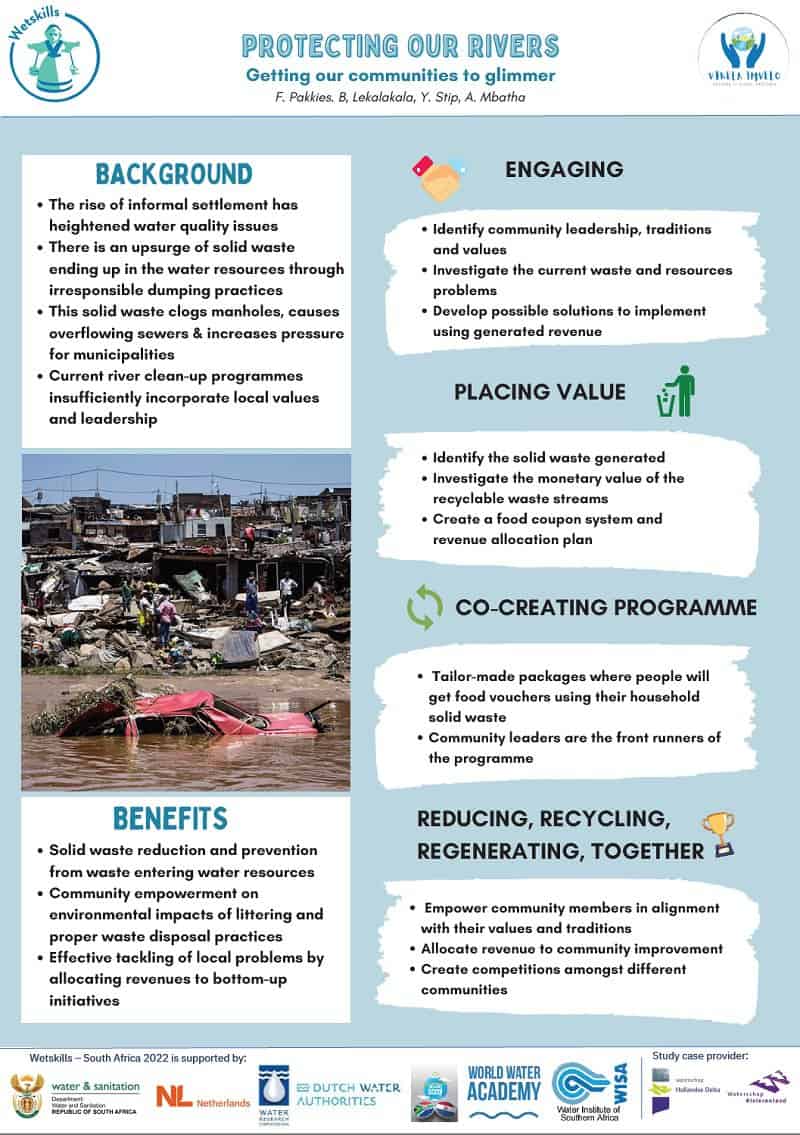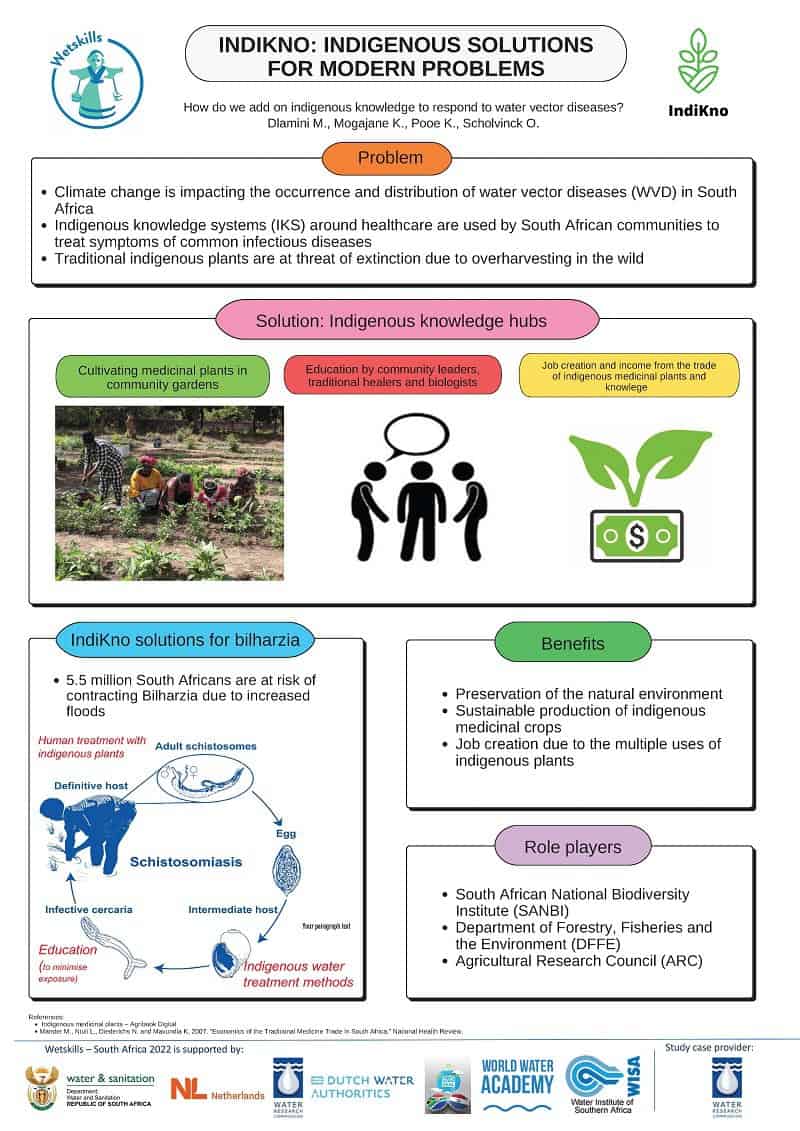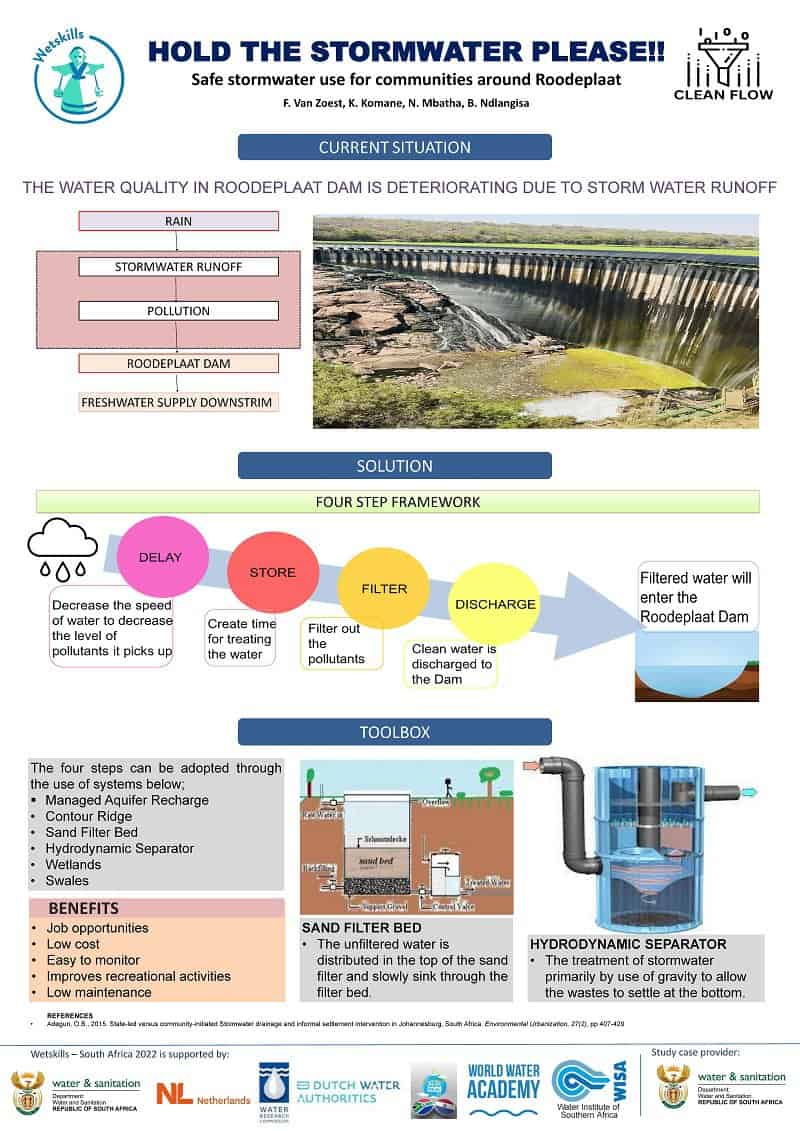
- This event has passed.
Wetskills-South Africa 2022
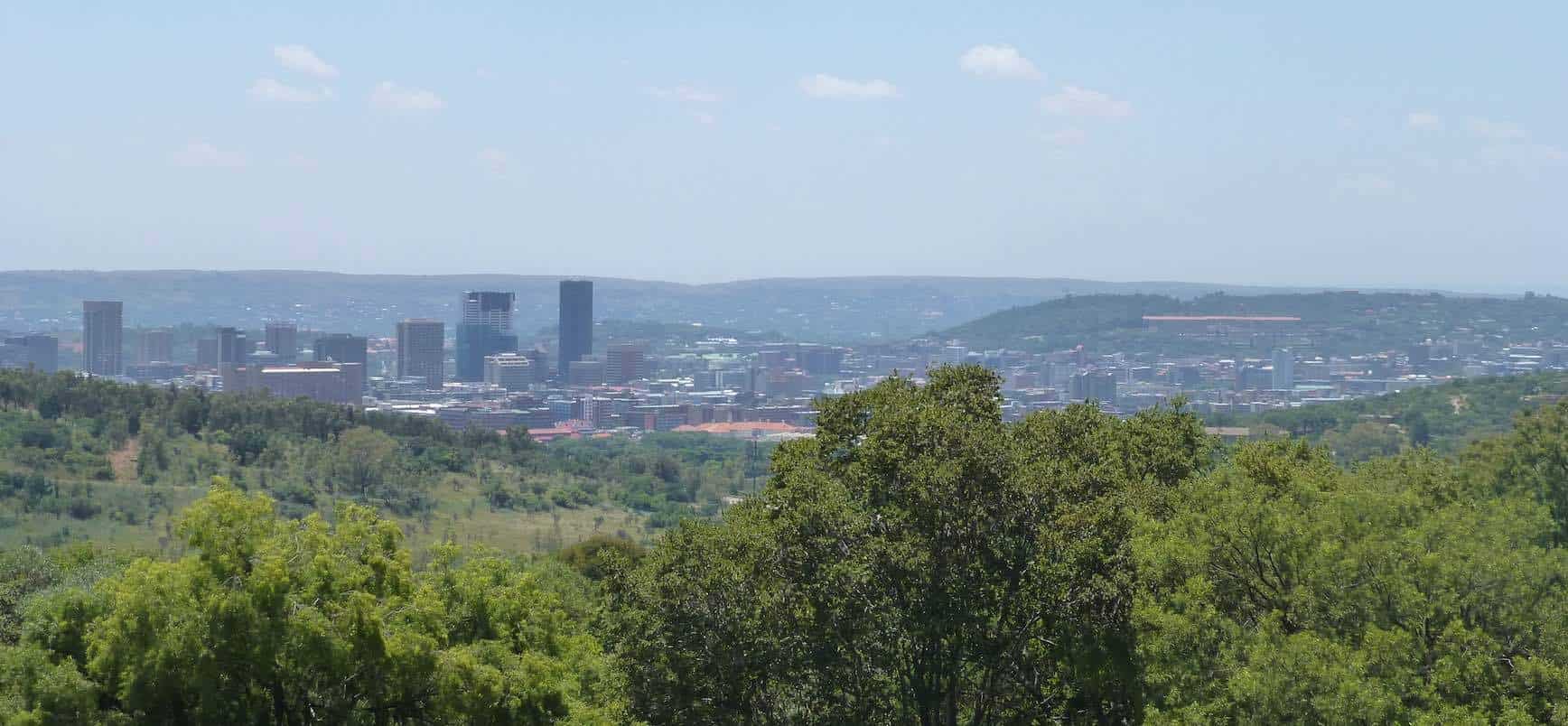

6th South African Wetskills Challenge!
We had another great event! An event for students and young professionals from South Africa, sub-Saharan region and beyond, who want to make a difference in the water sector, who like to experience working in an international team and experiencing the culture of South Africa, and who want to work on challenging water & sustainability issues! At the end of the program, we visited the WISA Conference, where all teams presented their ideas for an international jury panel and audience. Read on for blogs, cases, posters and more!
Wetskills Foundation and partners were organising Wetskills-South Africa 2022 (period: 17-30 September 2022), the sixth Wetskills edition in South Africa!
Previous events were in: Cape Town 2012, Nelspruit 2014, Durban 2016 and Cape Town 2018. A digital W@tskills edition was organized in 2021, due to corona pandemic. Read more about the great 2018 finals at the WISA Conference in Cape Town, in presence of Minister Gugile Nkwinti (Ministry of Water and Sanitation, South Africa) and Dutch Special Water Envoy Henk Ovink.
Participants of Wetskills-South Africa 2022
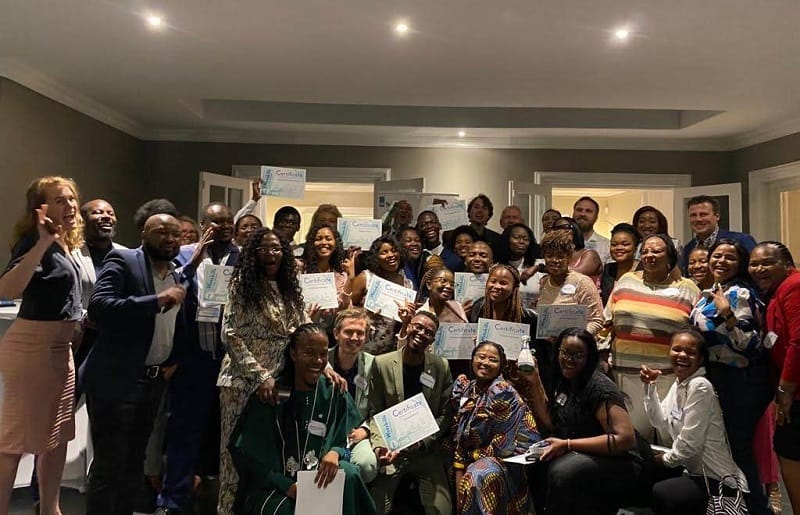
South African Alumni about previous Wetskills Experiences
Event Cases

Case 1: Promoting synergy in the water, energy and food sectors
Case owner: Water Research Commission
The Water Research Commission (WRC) established the WEF Lighthouse for integrated research, planning and development in the Water-Energy-Food (WEF) nexus, for South Africa and the Southern Africa region. Since 2012 the WRC R&D Branch has organized various activities under the banner of the WEF Lighthouse. The concept offers an opportunity for stakeholders, to promote cross-sectoral, systematic and integrated management of resources, and address synergies and trade-offs in the WEF nexus.
Case 2: Creating more benefits from Assessments
Case owner: Blue Deal Programme
Several assessments are performed to establish the performance of water and sanitation services, like the Green Drop and Blue Drop Assessments on the performance, compliance and efficiency of wastewater and water treatment works (WWTW’s and WTW’s), and the Municipal Structural Self-Assessments (MuSSA). The Blue Deal South Africa Partnership aims to improve the performance of WWTW’s in several municipalities, and disseminate the lessons learnt to other municipalities. How can the Green Drop Assessments and MuSSA-Assessments be used for a model-based replication of the Blue Deal results?
Case 3: Empowering water professionals: the importance of training and lifelong learning
Case owner: World Water Academy
Municipalities are faced with many challenges of water supply, wastewater and urban water management. Municipalities seem to rely more and more on administrators and finance managers, but water engineers and operators are of great importance when it comes to critical water and wastewater management and maintenance issues. How could lifelong learning and practical training of water professionals empower engineers, operators and managers to help improve SA’s water quality?
Case 4: How to diminish the impact of solid waste on water?
Case owner: Blue Deal Programme
Solid waste is becoming a growing problem, also for water. Dumping waste alongside rivers and streams deteriorates the water quality. When discharged into sewers, it clogs manholes and leads to overflow of the sewers. Especially in informal settlements, solid waste management becomes a huge task for local municipalities. Are there innovative ideas to persuade communities not to throw their trash ‘over the fence’? How could more environmental awareness within the communities be created and sustained?
Case 5: Indigenous Knowledge Systems to Respond to Water Vector Diseases
Case owner: Water Research Commission
Climate change is leading to changing weather patterns, which will most likely effect the occurrence and distribution of a number of water vector diseases. This might change non-endemic areas into endemic areas, and thereby putting communities at risk. How could medicinal plants and other indigenous knowledge systems in communities be used and stimulated, in order for communities to better adapt and cope with climate change and reduce their vulnerability to water vector diseases?
Case 6: Safe Stormwater Use for communities near Roodeplaat Dam
Case owner: Department of Water and Sanitation
Stormwater runoff is often lost into the water drainage system without being filtered, thereby polluting surface water resources with debris. Roodeplaat Dam is an example of such a water resource, currently polluted by debris from stormwater drainage from influent rivers. At the same time, water availability is a challenge in South Africa, and rainfall is more irregular by changing weather patterns. How could the Department of Water and Sanitation use the stormwater runoff as part of the current water system, without decreasing water quality of the dam, to increase water supply to communities?
Watch the event video!

The 2018 Programme

Event Partners

